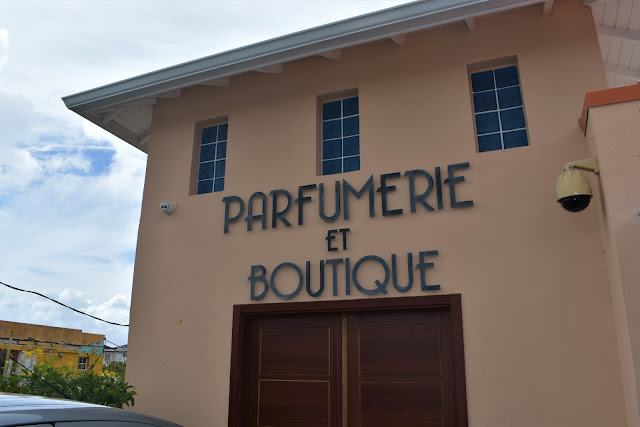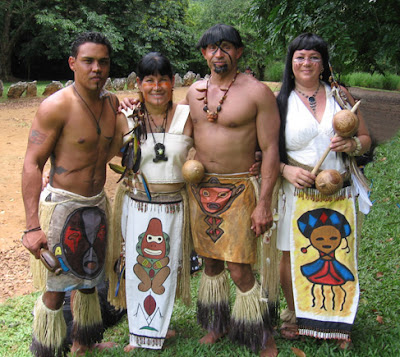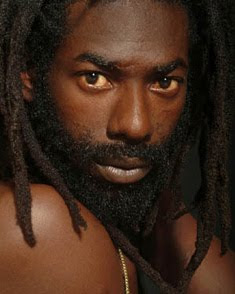Santo Domingo Sci Fi

Literature always provides great insight into a culture. As I've explained before, reading a book by an author representing the destination is an essential part of my travels. Besides Julia Alvarez, Junot D`iaz is the Dominican Republic's most notable author. I snapped up The Brief Wondrous Life of Oscar Wao long before it was awarded the Pulitzer Prize. I was familiar with Junot's kinetic, brash, writing from his short stories and decided that I would read his first novel on the beach of La Romana. Despite an array of engaging characters,Oscar Wao is not easy-going beach reading. In fact, I would not have been so puzzled and thrown off by Dominican culture if I had read this book before I visited the island.
Junot created his first novel to represent the chaos, fragmentation and romantic illusions of the Dominican Republic. Therefore, Oscar Wao is a chaotic and fragmented read, with characters and history and story lines whipping around with the force of the Caribbean sea. It's not an easy or accessible story but it is brilliant. Oscar,the protagonist, is a "ghetto nerd" from New Jersey. Fat and lacking the requisite Dominican swagger, he's shunned for loving comic books,science fiction and sword and sorcery novels, more than bachata and parties. In fact, the sci fi and comic book references are so deep and obscure, that I had to get my husband, a well-versed comic book, sci-fi and sword and sorcery fan, to translate entire passages. And he could only explain half of them. It's telling that the forward includes quotes from the Fantastic Four and the Caribbean's (St. Lucian) poet laureate, Derek Walcott. As Oscar explains, "What's more Sci Fi than Santo Domingo? What's more fantasy than the Antilles?" Apparently, not much.
Junot weaves the convoluted and brutal history of the Dominican Republic and the entire island of Hispaniola, which Haiti also shares, with the first generation immigrant stories of Oscar, his sister and mother, with colorful skill. Oscar's voice is an authentic mix of Spanglish, street vernacular and sci-fi phrases that manages to illustrate the timeless struggle for identity. We learn in the very first pages of Trujillo's bloody, American-backed regime that reigned over the island from 1930-1961. That infamous dictator's influence still seeps through Dominican culture, from his 1937 massacre of Haitians living along the capitol city of Santo Domingo's border, which fuels the current Dominican/Haitian resentments, to the political system of bribery and intimidation. Even though he appears mostly in the thick footnotes, Trujillo is as significant a character as Oscar. Oscar explains Trujillo this way: "He was our Sauron, our Aawn, our Darkseid, our Once and Future Dictator, a personaje so outlandish, so perverse, so dreadful that not even a sci-fi writer could have made his ass up."
The fact that the long dead dictator of the Dominican Republic plays such a vital role illustrates the real core of this novel. Even though it follows Oscar through New Jersey streets and the lonely halls of Rutgers University, the essence of the story takes place in DR. Oscar travels to the island to visit his relatives and learns the cruel background of his angry and abusive mother. We see sugar cane fields, Trujillo-affiliated gangsters,a magical mongoose, rusted zinc shacks and plates filled with chicharrones. We see Oscar finally lose his virginity to the retired prostitute living next door to his grandmother's house and we see the cost he pays. We see the DR in all its glory and complexities. There's a devilish sense of humor that laces through the dark passages of the book that I believe personifies Dominican culture. The curse that hovers over the story after all, is called fuk`u for exactly the reason that you think. I learned that a Dominican sensibility is playful and threatening at the same time. And it all goes back to the island's history.



Comments
Greetings from London.
Yvonne,Yes, like I said, it's not an easy read but it's completely intriguing.